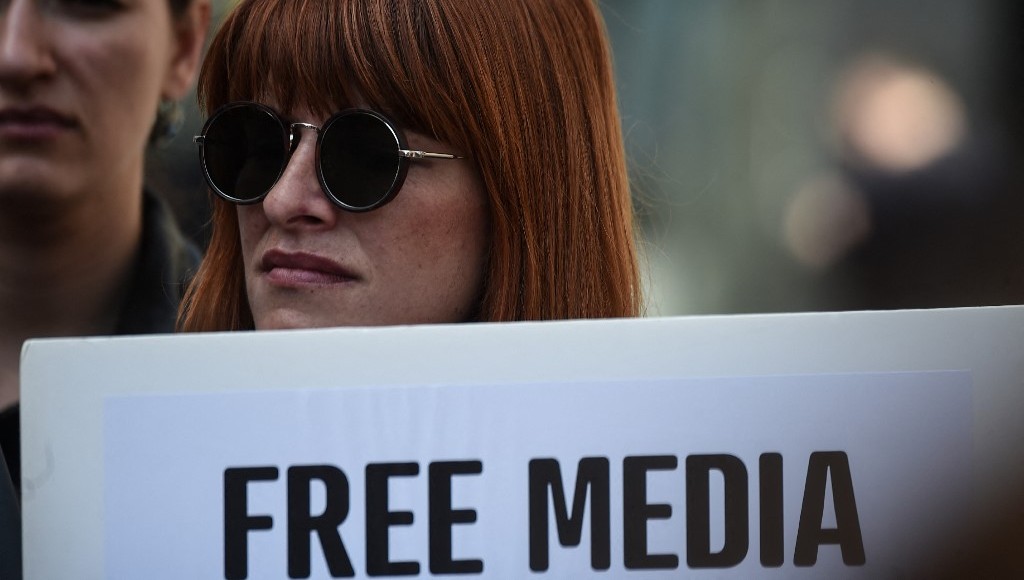The Union of Turkish Bar Associations (TBB) has filed a lawsuit at the Council of State, Turkey’s highest administrative court, demanding an injunction and annulment of recent changes to the Press Ethics Code by Turkey’s Press Advertising Agency (BİK) that are feared to contribute to the increasing media censorship in the country, local media reported on Tuesday.
BİK, the state body responsible for regulating publicly funded advertisements in the media, in early July made changes to the principles enshrined in in Article 49 of Law No. 195 on the Establishment of the Press Advertising Agency 28 years after they were first set in 1994, adding to them vague and abstract wording that could contribute to the increasing media censorship in Turkey.
The TBB announced its filing of the lawsuit in a written statement released on its website on Tuesday, saying the recent changes to the code introduce “vague and disproportionate regulations and limitations devoid of any legal basis that are open to interpretation on many issues that need to be regulated by law.”
“The regulation that is the subject of the lawsuit may cause practices contrary to the principle of equality before the law, and it also clearly violates the principle of legal certainty,” the union added.
Turkish media reports previously said some of the most striking changes to the principles were made in the article titled “Respect for national and social values,” which was edited to include such expressions that would pave the way for the arbitrary punishment of all newspapers and journalists based on Sharia, a body of religious law that forms part of the Islamic tradition.
“Religious feelings or values considered sacred by religion cannot be abused. Broadcasting against public morals cannot be done. No broadcasting can be done to disrupt the family structure, which is the foundation of society, or against the protection of the family. No broadcasting can be done to weaken the common national and moral values of Turkish society,” the edited article said.
The changes also included many expressions restricting the ways journalists obtain and publish news, such as “The news cannot be obtained or published illegally. … No broadcast can be done that will … render the struggle against drugs or stimulants and all kinds of organized crime ineffective. Information and visuals about terrorist organizations, their members and actions cannot be included [in the news] in a way that legitimizes these organizations.”
BİK also put the websites and social media pages of newspapers in Turkey under its jurisdiction and ordered them to conform to the Press Ethics principles.
Eleven journalist unions, including the Broadcasting and Printer Workers Union (DİSK BASIN-İŞ), the Turkish Journalists’ Association (TGC), the Turkish Journalists Union (TGS) and the Contemporary Journalists’ Association (ÇGD), previously rejected the changes to the principles in a joint statement.
According to Reporters Without Borders (RSF), 90 percent of the national media in Turkey, which was ranked 149th among 180 countries in the RSF’s 2022 World Press Freedom Index, is owned by pro-government businessmen and toe the official line.

